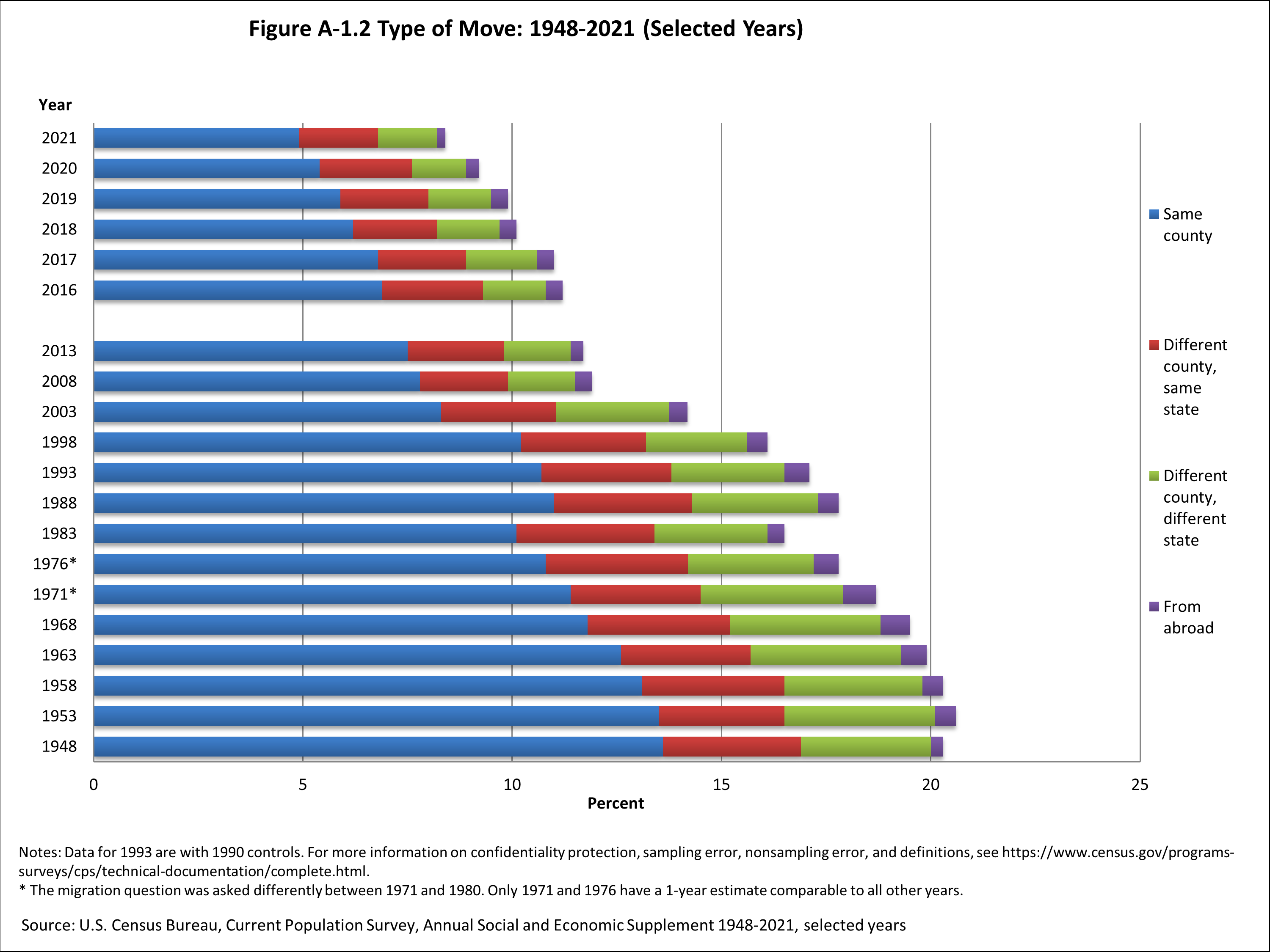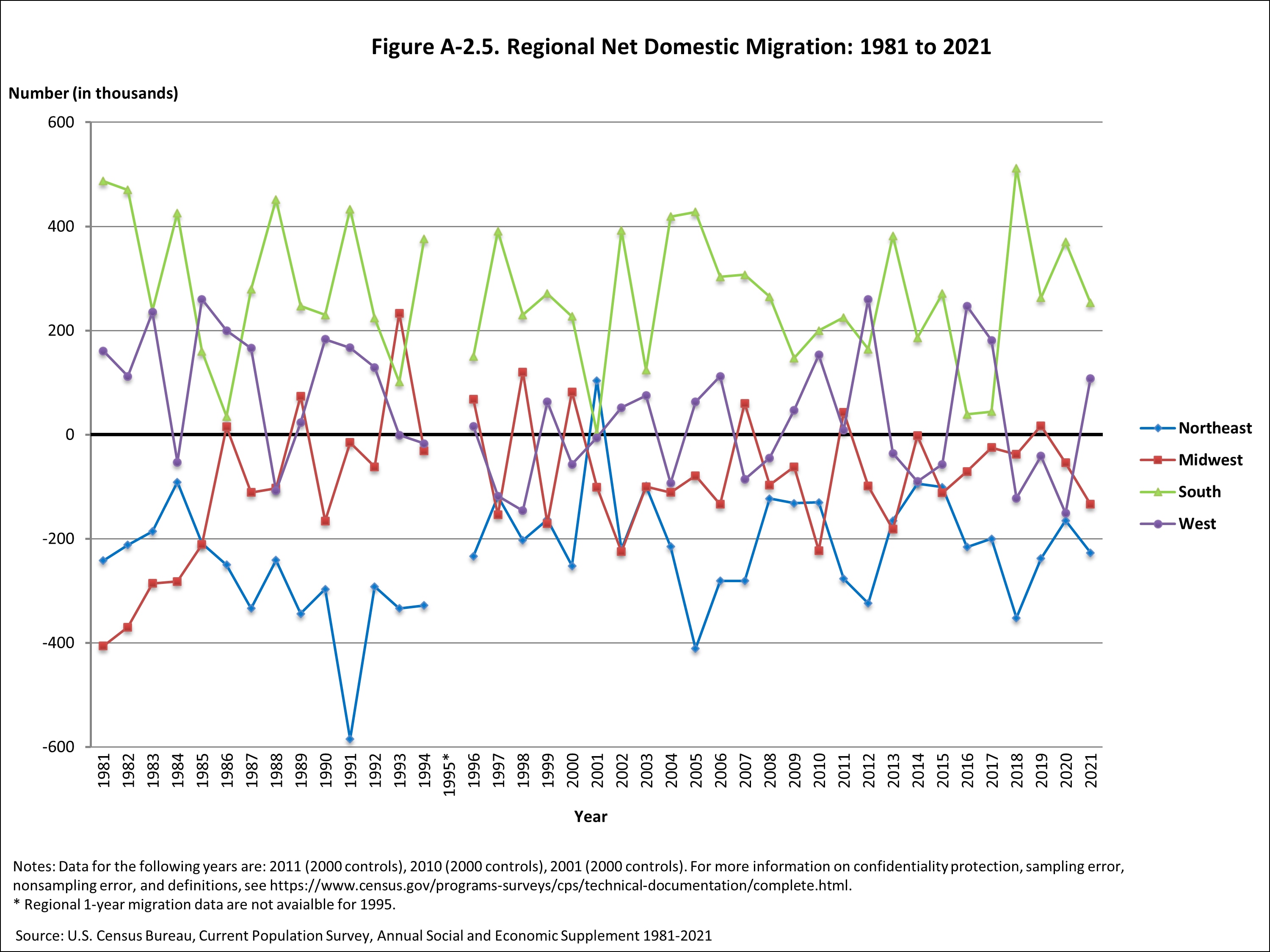http://www.atimes.com/article/g20-opens-under-clouds-threats-and-discord/
The Group of 20 Summit of global leaders in Buenos Aires, Argentina opened on Friday under various political and economic clouds.
Chinese President Xi Jinping rallied developing nation leaders in attendance on Friday to condemn protectionism and laud the global rules-based order ahead of his highly anticipated dinner with US President Donald Trump on Saturday night.
Trump has threatened to escalate his trade war with China, imposed to penalize what he sees as unfair trade practices. In recent months, the world's two largest economies have impose punitive tariffs on billions of dollars of one another's goods. Global markets are expected to rise or fall depending on the outcome of their meeting.
This year's two-day gathering is seen as a major test for the G20 industrialized nations to assuage trade tensions amid surging nationalist sentiment in many member countries.
The G20 accounts for two-thirds of the world population and is widely credited with avoiding a major global calamity after the 2008 financial crisis.
Xi and other leaders from the so-called BRICS group of leading emerging economies – Brazil, Russia, India, China and South Africa – issued a statement calling for a continued commitment to open international trade and support of a multilateral trading system via a strengthening of the World Trade Organization (WTO).
"The spirit and rules of the WTO run counter to unilateral and protectionist measures," the statement said. "We call on all members to oppose such WTO-inconsistent measures, stand by their commitments undertaken in the WTO."
Xi hopes to persuade Trump to abandon his announced plan to increase tariffs on US$200 billion of Chinese goods to 25% in January, from 10% at present.
A Chinese foreign ministry official in Buenos Aires said there were signs of increasing consensus ahead of the discussions, although differences remained, Reuters reported. US stocks closed slightly higher on Friday on market hopes that a compromise could be reached by the two leaders.
For the wider G20 meeting, consensus is proving elusive. G20 representatives had not yet reached consensus on the wording of the summit's communique, with differences in particular on trade. In previous years, the G20's joint statement had been hammered out well in advance.
It marks a rising trend of discord among G20 members. In November, Asia Pacific Economic Cooperation officials gathered in Port Moresby, Papua New Guinea, failed to issue a joint statement for the first time ever after the US and China delegations clashed over language addressing trade and security.
While the Trump-Xi meeting took center-stage, many parallel geopolitical dramas were playing out on the meeting's sidelines. European Council President Donald Tusk said the European Union would extend its economic sanctions on Moscow this month after Russian ships fired last week on Ukrainian vessels in the Sea of Azov, seizing the boats and sailors.
Trump indicated Russia's seizure of the Ukrainian ships was the reason he canceled a planned bilateral meeting with Russian President Vladimir Putin, where they had been expected to discuss Trump's threat to withdraw from the Cold War-era Intermediate-Range Nuclear Forces treaty.
The two leaders made headlines nonetheless through a hearty handshake ahead of the G20's family photo event.
A White House spokeswoman later denied that Trump said the ships' seizure was the "sole reason" he cancelled the anticipated meeting. The Kremlin said it was willing to be "patient" in arranging a meeting with Trump. Putin used the time set aside to meet with Trump to pow-wow with Turkish President Recep Tayyip Erdogan.
The presence of Saudi Arabian Crown Prince Mohammed bin Salman at the summit also made waves amid swirling controversy over the murder of Saudi journalist Jamal Khashoggi in the Saudi consulate in Istanbul on October 2.
Trump met briefly with the crown prince, with the two men reportedly exchanging pleasantries during a leaders' session, a White House official said. Trump later said "we had no discussion", though he held out the prospect of spending more time with the crown prince.
US Secretary of State Mike Pompeo and Saudi Foreign Minister Adel al-Jubeir discussed the need for progress in the investigation into slain journalist's brutal killing and dismemberment during talks in Buenos Aires on Friday, the US State Department said in a statement.
The Trump administration has come under certain fire for its perceived willingness to look the other way on the gruesome murder to maintain ties with a crucial Middle Eastern ally and big buyer of US armaments.
Reports also said British Prime Minister Theresa May told the prince in a meeting on the G20 sidelines that the killers of Khashoggi should be held to account and that Saudi Arabia should move to build confidence that such an incident would never happen again.
French President Emmanuel Macron said he told the prince in a separate meeting that Europeans will insist on international experts being part of the investigation into Khashoggi's killing, Reuters reported. Putin reportedly pulled out a pen and paper to sketch the skirmish in the meeting, Bloomberg reported.
Saudi Arabia has insisted the prince had no prior knowledge of the killing.
Meanwhile, oil markets anticipated a bilateral meeting between Putin and Prince Mohammed on Saturday for a sign that Russia will participate in a production cut by the OPEC oil cartel next month. Oil prices have slid in recent weeks on concerns of softening global growth caused by the US-China trade war.
Putin was the only leader to exchange an openly cordial greeting with the isolated Saudi prince, high-fiving him when he entered the main summit room, news reports said.
—This report draws on wire agency reporting
-- via my feedly newsfeed




